Uncategorized
-
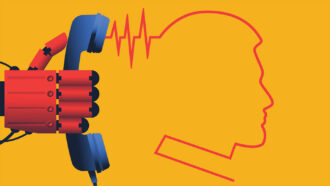 Artificial Intelligence
Artificial IntelligenceA new tool could guard against deepfake voice scams
Scammers can use AI to create deepfake mimics of people’s voices. AntiFake could make that type of trick much harder to pull off.
-
 Health & Medicine
Health & MedicineA new type of immune cell may cause lifelong allergies
These special memory cells were present in people with allergies and absent in those without.
-
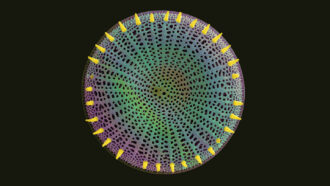 Microbes
MicrobesWhat the weird world of protists can teach us about life on Earth
Microbes vastly outnumber multicellular life on Earth. A close-up look at protists highlights how much we don't know about the microscopic world.
By Susan Milius -
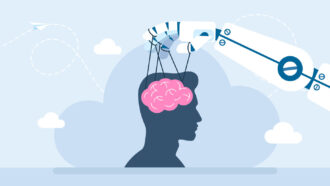 Artificial Intelligence
Artificial IntelligenceAI learned how to influence humans by watching a video game
New research used the game Overcooked to show how AI can learn to collaborate with — or manipulate — us.
-
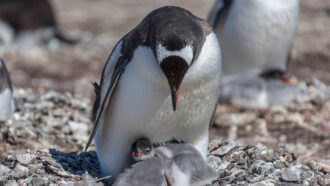 Animals
AnimalsLet’s learn about animals’ bizarre sleep schedules
From reindeer that snooze while chewing to penguins that take thousands of naps each day, the animal kingdom has some truly weird sleep patterns.
-
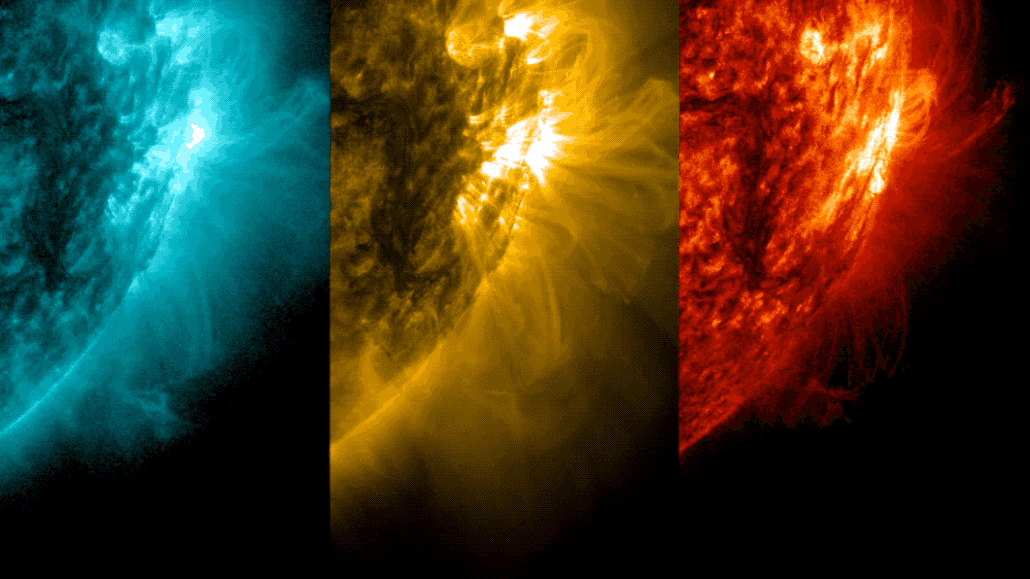 Space
SpaceExplainer: What is the solar cycle?
Here’s what causes the sun’s 11-year cycle of activity and what it means for us on Earth.
By Adam Mann -
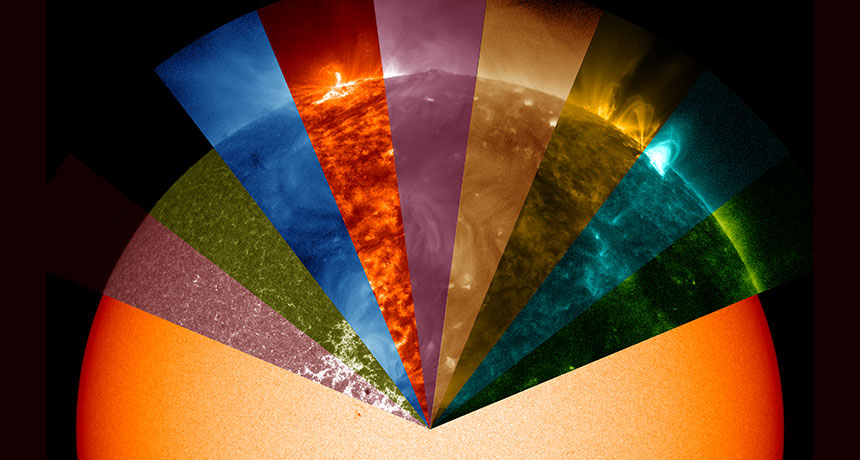 Space
SpaceScientists Say: Corona
The sun’s corona can only be seen without special instruments during a total solar eclipse.
-
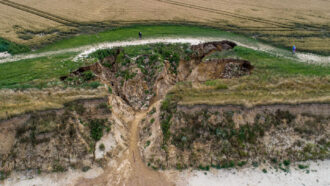 Earth
EarthExperiment: Can plants stop soil erosion?
Soil erosion washes pollutants into streams and rivers — but plants may help limit that.
-
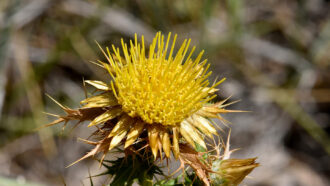 Plants
PlantsOn hot summer days, this thistle stays cool to the touch
Its yellow flowers can cool themselves substantially, staying up to 10 degrees C (18 degrees F) cooler in extreme heat.
-
 Psychology
PsychologyYou’re too distracted. Here’s why that matters and what to do about it
Science reveals the many reasons we are so distracted, from poor sleep and social media to diet and exercise. It also shows us how to take back our focus.
-
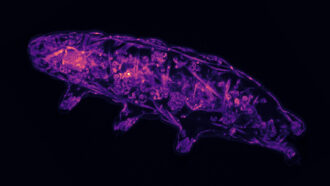 Animals
AnimalsTardigrades survive harsh conditions by almost dying. Here’s how
Under stress, a chemical change signals these water bears to switch between live and mostly dead.
-
 Physics
PhysicsForests could help detect ‘ghost particles’ from space
If trees could act as natural antennas, one physicist proposes that they just might pick up signals of hard-to-spot ultra-high energy neutrinos.